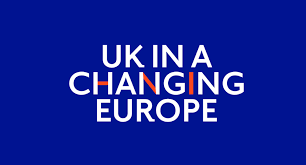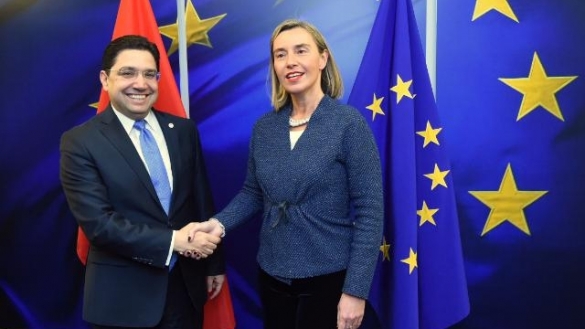One of the most striking differences between the approaches by the European Union and the United Kingdom to negotiating trade deals with Africa is the extensiveness with which the EU negotiates these trade agreements, while the UK’s approach, in contrast, is to try to sign deals as quickly as possible, says a new report by ‘UK in a Changing Europe’, a UK-based research institute.
The EU has signed two economic partnership agreements (EPAs), one with West Africa and the other with the East African Community (EAC), both of which have yet to come into force. Upon ratification, the deals will reflect one of the first major trade divergences between the EU and the UK from the EU side. The report assesses the economic impact these EPAs may have and divergence from the UK since it left the single market.
In its EPAS with West Africa, the EU takes into account regional differences with the aim that it will not disadvantage local trade within countries, and also to ensure that local markets in West African countries are not adversely affected. Much like the West Africa deal, once ratified, also the EAC would have immediate access to the EU market with a partial and gradual opening of the EAC market. It guarantees that the EU will not apply exports subsidies, even in times of market crisis.
The report by ‘UK in a Changing Europe’ also shows that the EU has not put deadlines on signing any deals allowing for them to assure mutual benefit to the two parties.
The UK’s approach, on the other hand, seems more akin to a ticking clock scenario in which the UK, having so recently left the EU, is trying to sign deals as quickly as possible and demonstrate post-Brexit benefits to the public. Another key difference has been the promises made around the deals. For the UK, it is important that trade grows post-Brexit, or at least remains stable. These trade deals are crucial in this regard. However, projections from both the government and think tanks point to a picture of slow and relatively small results from the trade deals. It is too early to see any economic divergence between the EU and UK caused by trade deals, but the most likely result will not be one of shocking contrast but slow departure.



